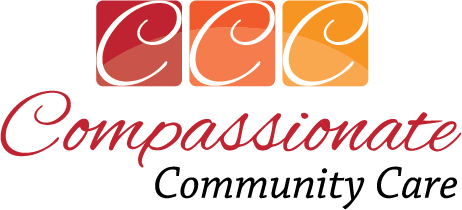Euthanasia can be a sensitive and frightening topic. It's something that is not often talked about and there is not a lot of understanding around it, until it becomes a personal issue.
So, how do the millennials and future leaders for the next generation approach the issue of euthanasia today? The laws around it are rapidly changing, and there is a lack of resources for the effects euthanasia will have on our culture. As a younger person of this generation, I feel that I have a responsibility to be educated and be a vessel for compassion.
A friend of mine always reminds me that, “mold grows best in darkness, so we need to shine light.” In other words, bringing light towards those who are struggling and losing their hope and sense of purpose. This seems like a big ask and a big responsibility but it is so necessary.
As someone who has recently finished highschool and has been trying to navigate through life, I understand that it is quite a challenge at times especially in this rapidly changing culture. Anxiety, depression, loneliness, feelings of lack of purpose, yes I have been through those struggles. (These are all things that could be defined as mental illness). Reflecting back on highschool, there were so many of my friends, and classmates that had these similar struggles. Many of my peers from highschool and university have shared similar struggles with mental health, on top of the other challenges that come with being a young adult in today's society. It is overwhelming! I do not believe that legalizing medical assistance in dying (MAiD) for those whose sole underlying condition is a mental illness will help with these issues.
Each of these difficult times in my life have brought a new purpose and reassured my hope that there is something greater for me to be doing with these challenges that I have overcome. I am not defined by my struggles, but can grow from these experiences and shine light to provide a sense of hope that there is a light and it is worth it to continue to persevere.
I have come to learn that facing challenges is an inevitable part of life. Although it may not be an easy process before we see that light, there is one shining and afterwards, we can share our journeys with other people who may also be struggling. Piece by piece, battle by battle, person by person, together we can build up a culture of hope.
It is scary to think that in a world where everyone is already so isolated, depressed, anxious and hurting, medical assistance in death is going to be entering the playing field. I don't believe it is a solution, and that we need to come together to help those that feel like they don't have any other options.
Well, what can I do, how can I be a vessel for hope?
A real simple place to start is by sharing a smile with those around you, so that they may feel seen and know that they are acknowledged and that their presence matters. This is a really simple way of being intentional and inviting. Be compassionate and take time to listen to those who are needing a compassionate ear to listen. You may not always have the answers to help the person, but sometimes being there will do more good than you may ever know.
-AD, Ontario resident and 20 year-old
